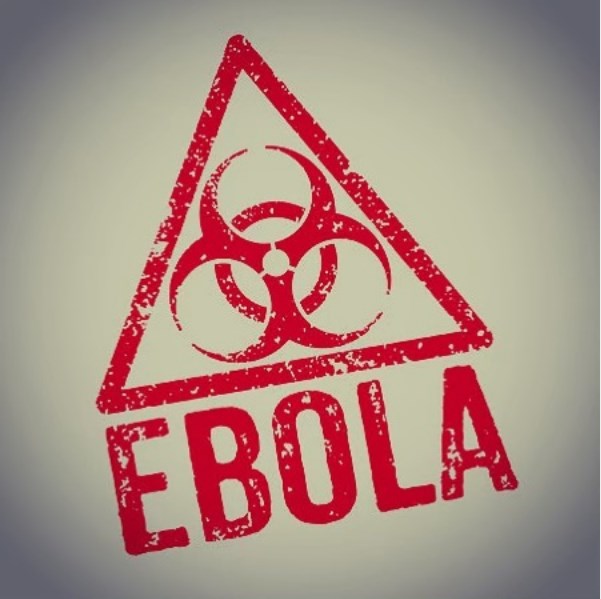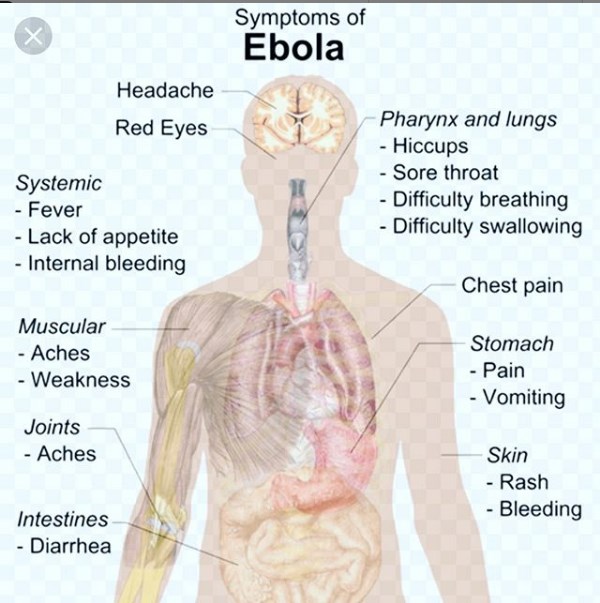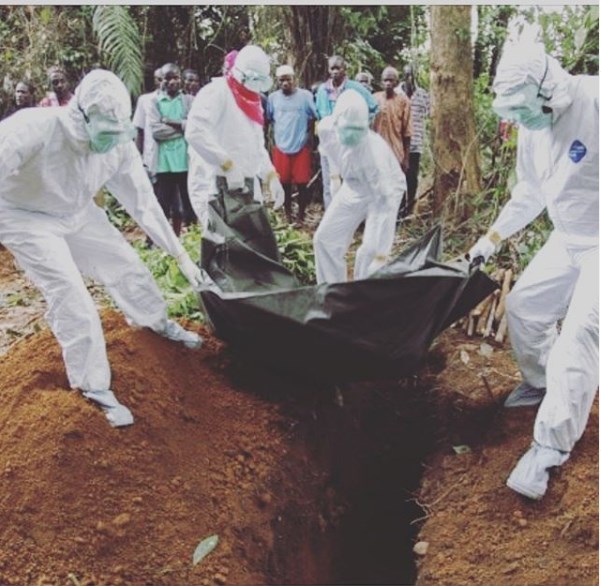Can Ebola be treated or prevented?
Ebola is one of the most life-threatening diseases that is caused by a virus. The disease spreads like wildfire and according to the statistics by the World Health Organization, has killed thousands of people in the countries that it has broken out in. The disease manifests itself through internal and external bleeding in its advanced stages.

Source: UGC
Can Ebola be cured? Is there a vaccine for the virus? These are some of the questions that linger in the minds of most individuals, especially when the reports on outbreaks of the disease come up. Individuals and the community at large has a huge role to play in reducing these numbers. Getting enlightened on the facts about the disease might go a long way.
Ebola
Ebola is one of the epidemics that has devastated the people of the West African region continuously. The disease has root in the Ebola River whose origin is the Democratic Republic of Congo. That is where it was first identified. As of 2014, the disease had caused chaos in Liberia, Sierra Leone and Guinea. The menace then spread to neighbouring countries like Mali, The Gambia, Senegal and finally to Nigeria.
The primary mode of transmission was through the people who had contracted the virus travelling from one country to the other. The tremendous spread of the virus caused panic to the government of Ghana. The government, therefore, sort the preventive measures to ensure that the virus did not get to Ghana. Luckily, it did not.
READ ALSO: Six-week-old baby survives Ebola illness in Congolese medical "miracle"
Facts about Ebola
Before we get to knowing whether Ebola can be treated or prevented, it is wise to set some of the facts straight about the disease. These are some of the highlighted facts about the disease;
- The Ebola virus disease (EVD) was initially called Ebola haemorrhagic fever, which was described as 'a severe, often fatal illness in humans.'
- The virus has five different virus species; Zaire, Sudan, Bundibugyo, Taï Forest and Reston.
- The virus can be transmitted from an animal to a human being and is contracted to the human population through the human-human transmission.
- The average fatality rate of the disease is 50%. However, according to the statistics of the previous outbreaks, the rates vary between 25% to 90%.
- The first outbreaks of the disease occurred in the Central African region. Between 2014-2016, the disease spread to the West African region.
- According to studies, the best way of curbing the spread of the virus is through community engagement. The community plays a crucial role in infection prevention, case management, control practices and contact tracing.
- Supportive care that includes rehydration and symptomatic treatment done on time is one of the ways of increasing the survival chances of the patient. So far, there is no licensed treatment for the virus.
Transmission of the virus

Source: UGC
Ebola is transmitted from animals to humans. The animals in the Pteropodidae family, who are the hosts. Infected animals such as chimpanzees, fruit bats, monkeys, porcupines and forest antelopes can spread the virus to human beings through their secretions, in cases where they are infected.
The transmission of the virus from one human being to the other is faster. The virus spreads from an infected person to the other through contact with broken skin, mucous membrane, blood, or any other body secretions. Getting into contact with surfaces that the infected patients have touched also increases the risk of infection.
Medical practitioners and health care workers who attend to infected patients are the most vulnerable. Other occasions were the risk of infection is high is when people come into contact with the body of a deceased person who was infected before they passed on. There is also a risk of infection when a patient engages in sexual practices with an uninfected person.
The virus cannot be transmitted through air, water or food.
Symptoms of the Ebola virus disease

Source: UGC
The virus does not manifest its symptoms until the third week of infection. This is called the incubation period. During this period, the patient is not able to transmit the virus. The symptoms that display the onset of the disease include persistent fever, sore throat, fatigue and headache.
As the infection advances, the patient begins to manifest more severe symptoms like vomiting, bleeding (which at times is present in stool or oozes out through the gums), diarrhoea, rashes on the skin. At times the symptoms get severe to the extent of causing the kidney and liver to fail. The virus also attacks the white blood cells and elevates the liver enzymes. The virus also attacks the blood-clotting cells, which results in uncontrollable bleeding.
Towards the final stages of infection, the disease causes bleeding in internal organs like the ears, eyes, and nose. Other patients might even cough blood.
How Ebola is diagnosed
Majority of the signs and symptoms that Ebola manifests itself in are similar to those of other diseases like malaria and cholera. For a medic to rule out that a patient is suffering from the disease, a couple of tests should be conducted as per the recommendations of the World Health Organization. These tests are;
- Automated or semi-automated nucleic acid tests (NAT), recommended for routine diagnostic management.
- Rapid antigen detection tests recommended for use in remote settings where NATs are not readily available.
How Is Ebola treated?
What happens to you when you have Ebola? This is a scary situation to imagine. However, it should not cause a panic attack, since researchers are burning the midnight oil, trying to come up with a cure for the disease. As of date, the virus does not have a treatment.
However, medics manage the virus by focusing on the symptoms of the disease. The methods that they use include; treating other infection, through blood transfusion, through blood pressure medicine, through oxygen and other fluids and electrolytes.
Are there drugs to treat or prevent Ebola?
There is no proven drug to treat Ebola. However, there is a vaccine for the disease, that is in its trial phase. The vaccine is called rVSV-ZEBOV and has so far been tested in Guinea. From the statistics gathered during the trial period of the vaccine, there is a ray of hope. To add to it, further research is being carried out on the potential treatments for the virus. They include; drug therapies, immune therapies and drug products.
Prevention and control methods

Source: UGC
Even though there is no cure for the disease, there are preventive and control measures that individuals are supposed to keep for them to prevent the rates of infection. These practices include;
- Not travelling to places that have been attacked by the virus
- For cases where there is an outbreak, individuals should avoid contact with animals which have the likelihood of transmitting the virus.
- Health workers, too, can take the necessary preventive measures of wearing protective clothing while attending to the patients.
- Community engagement is one of the critical ways of reducing the rates of infection. There are so many ways that this goal can be achieved, among them creating awareness on the disease, and ensuring that the patients that succumb to the disease are buried properly.
Ebola is one of the epidemics that has caused devastation in parts of Central and Western Africa. The reports on the number of deaths that have resulted from the virus are saddening. However, research is being carried out on the cure and vaccine for the virus.
READ ALSO:
- Ghana Helath Service issues alert over return of Ebola
- 4 strange disease outbreaks Ghanaians are praying against in 2018
- Lassa fever: causes, diagnosis, prevention & treatment
Source: YEN.com.gh






